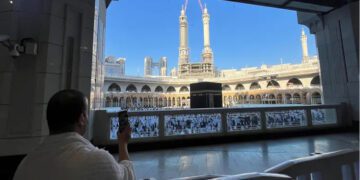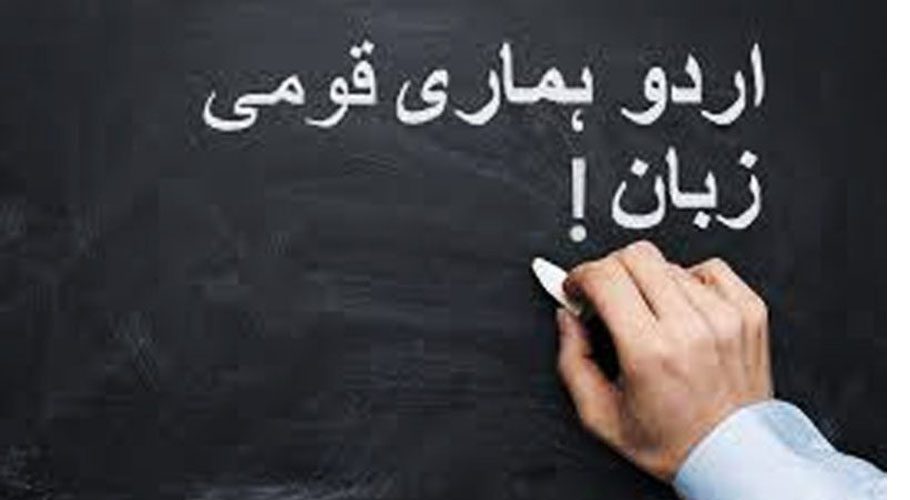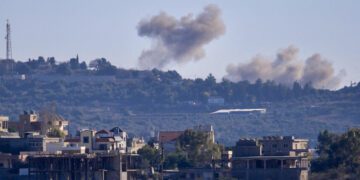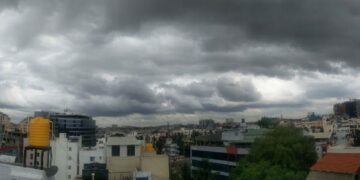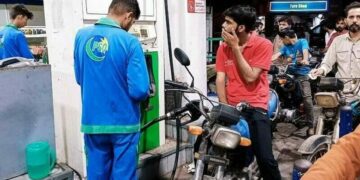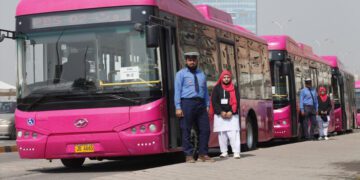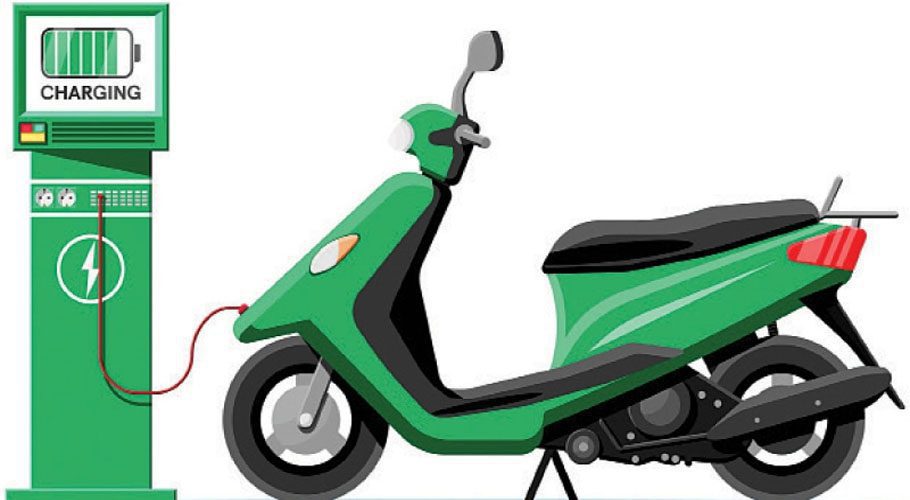![]() Follow Us on Google News
Follow Us on Google News
VIENNA: Iran has agreed to reconnect surveillance cameras at several nuclear sites and increase the pace of inspections, the head of the International Atomic Energy Agency (IAEA) said.
UN nuclear watchdog chief Rafael Grossi hailed “a marked improvement” in his discussions with the Iranian government.
Grossi has been in Tehran for talks with Iranian officials following the discovery of uranium particles enriched to near weapons-grade level.
On his return to Vienna, Grossi recalled there had been “a reduction in monitoring activities related to cameras and monitoring systems” and said “we have agreed that those will be operating again”.
“This is very, very important” in terms of continuity of knowledge, “in particular in the context of the possibility of the revival of JCPOA”, he said.
Grossi arrived in Iran on Friday with talks deadlocked on reviving the landmark 2015 accord on Iran’s nuclear activity, known formally as the Joint Comprehensive Plan of Action, or JCPOA.
On Saturday evening, he told reporters: “We have put a tourniquet on the bleeding of information and lack of continuity of knowledge we had — so now we can start working again, reconstructing these baselines of information.”
He said the measures should be in place “very soon” following a technical meeting, but no precise timings were outlined in a joint statement with the Atomic Energy Organisation of Iran (AEOI).
Inspections
Grossi’s two-day visit came as the Vienna-based IAEA seeks greater cooperation with Iran over its nuclear activities.
Read more: UK set to make new law to stop illegal migrants
In his series of meetings with Iranian officials, Grossi met President Ebrahim Raisi.
Raisi acknowledged that “cooperation is a two-way street… (and) can continue based on maintaining the agency’s independence and the rights of the Iranian nation,” the political deputy of Iran’s presidency, Mohammad Jamshidi tweeted.
A diplomatic source earlier told AFP the meeting with Raisi was designed to “relaunch the dialogue” on Iran’s atomic work and to “reset the relationship at the highest level”.
Uranium particles enriched up to 83.7% — just under the 90% needed to produce an atomic bomb — had been detected at Iran’s underground Fordo plant about 100 kilometres (60 miles) south of Tehran, according to a confidential IAEA report seen by AFP this week.
Grossi said the IAEA needed to further inspect the facility and that Iran had agreed to “50% more inspections” there.
Iran denies wanting to acquire atomic weapons and says it had made no attempt to enrich uranium beyond 60% purity.
Iran’s government has said, however, that “unintended fluctuations… may have occurred” during the enrichment process.
The discovery came after Iran had substantially modified an interconnection between two centrifuge clusters enriching uranium, without declaring it to the IAEA.




